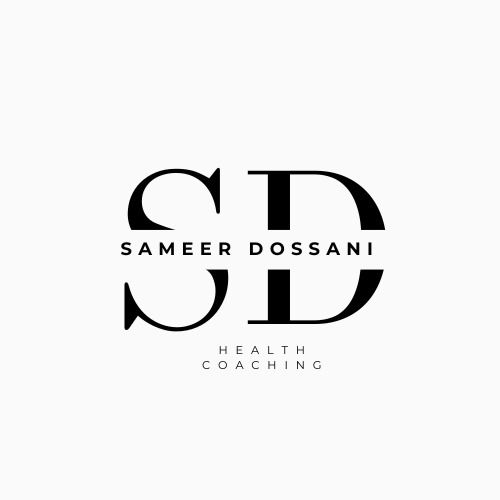Late-Stage Capitalism is Killing Us
May 01, 2022
In recent years the phrase "late stage capitalism" or simply "late capitalism" has become a popular way to describe the current moment. Could it be that the structures and institutions we have adopted under late-stage capitalism are killing us?
I write these words a few hours after learning that a friend has passed away. Roberto was a man in his 40s who complained of chest pain on one day, sought treatment and then died in hospital, probably of a heart attack. Roberto was a unique person - always ready to joke and laugh while also very knowledgeable about the world around him. But the story of his death is unfortunately not unique. COVID and lockdowns had decimated his taxi business and he was taking on extra work to make up the difference. The stress undoubtedly played a role in his premature death. This is one story, but there are probably thousands of similar ones given the effects of the lockdowns on peoples' lives and livelihoods.
Stress is only one of the ways in which capitalism is killing us, but it is a ubiquitous one. How many people in your life feel that they are working too much or that they have too much stress in life? Some of us (myself included) have at times worn stress as a kind of badge of honour. "I pulled an all-nighter to study last night," or "No weekends for me in this job." These are sentences that have passed the lips of far too many of us (and again, I'd have to add myself among them).
What are some of the other ways? Related to stress is the problem of lack of sleep. When we are prioritising work or school, often we aren't prioritising sleep. That has implications for our heart health, and especially for our mental health, as I'll be getting into in more detail later this month.
When we sleep poorly we also tend to make bad dietary choices. There is an abundance of peer reviewed research showing that bad sleep leads to bad choices, especially when it comes to our diets. We are more likely to eat sugary foods and less likely to try to eat what we consider to be healthy when we haven't slept.
Which brings us to perhaps the most important way in which late-stage capitalism is making us sick - by making us addicts. Addiction is perhaps the least understood and the most demonised aspect of human behavior. We tend to demonise the substance - drugs, alcohol, tobacco and so on. But this focus on the substance means that most of us don't really understand addiction at all. We can be addicted to anything. Nearly every client I've ever worked with has been addicted to something. Do you know anyone who is not addicted to their smart phone? We raise our children to be addicted to sugar and processed carbohydrates, And yes, sugar addiction is real.
To be an addict means that we over rely on a substance or a behaviour as a coping mechanism. There's nothing wrong with addictions in and of themselves. The addiction may have been playing a constructive role in ensuring our survival at a certain point. Indeed the laws of evolution teach us that if addictions did not play this role, they wouldn't be part of our nature. In order for them to have survived millions of years of evolution, they must have a constructive role.
But for most of us, very soon the addiction becomes destructive. It's hard to tell when that line gets crossed with social media addiction, but it's probably sooner than you think. For smokers or drinkers, the line is crossed long before the person develops lung disease or kidney disease. For carb addicts, the line is crossed long before the individual develops type 2 diabetes.
Addiction is a useful lens to talk about what late-stage capitalism is doing to us because it focusses on consumption. When we are addicted to something we tend to over consume it. Increased consumption is ultimately what the capitalist system demands from all of us in order to keep profits high and GDP increasing. Tobacco companies and fossil fuel companies have done the math and decided that their profits were more important than the lives of their customers. Their position is clear.
In light of that, what's our position? There are ways, some of them very simple, to break free of addictions or at least "trade up" to addictions that are less harmful than the ones we currently have. I'll be talking about some of these throughout the month of May. Make sure to subscribe here for the details.
🌱 Ready to Find Your Path to Gut Freedom?
Stop trying to solve your Crohn's, Colitis, or IBD alone with conflicting advice. A personalized plan is the fastest way to clarity and relief.
On a free call, you’ll get:
✅ Clarity on your triggers – Identify the dietary and lifestyle factors uniquely impacting you.
✅ A tailored starting point – Get actionable steps to reduce inflammation and calm your gut.
✅ Real answers – Ask anything about your symptoms and healing (no topic is off-limits).
💬 “Working with Sameer gave me a clear path when I felt completely lost. This is the guidance I needed.” – Previous Client
Your personalized plan is a conversation away.

